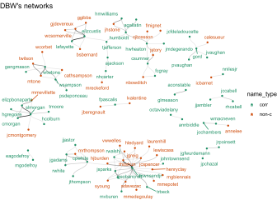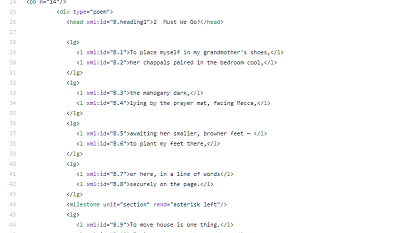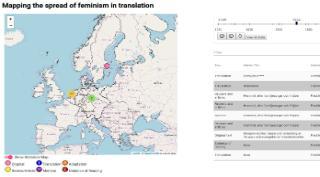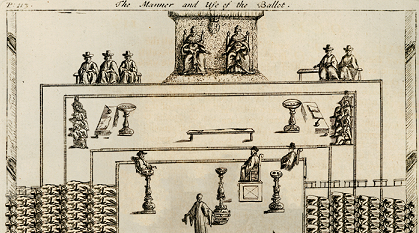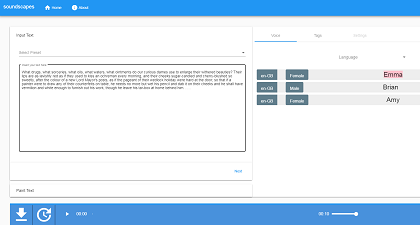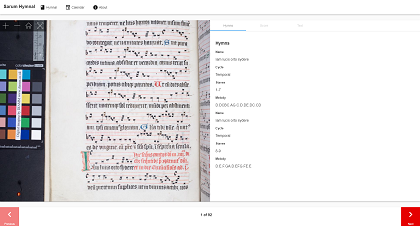Projects
Since its inception, ATNU has developed a number of projects: some of these have been funded and are now independent, others are small pilot projects, designed to test an idea, and more are being planned for the future. Below you can find out more about ATNU's projects.
Funded projects
ATNU serves as a partner and collaborator in funding bids for other projects, helping colleagues build and develop their ideas around text and the digital space. As these bids are awarded external funding, they become independent projects that ATNU is proud to collaborate with. Below are the projects ATNU has helped to develop that have been awarded external funding, and more are sure to join them soon.
Pilot projects
ATNU is a space of experimentation, and much of that experimentation takes the shape of pilot projects, the bread and butter of our mission. Pilot projects offer explorations or proof of concepts for nascent ideas around text and digital media. The pilots are not meant to be pretty or function perfectly: they're meant to break and create difficulties for researchers and developers. Below you can learn a little more about some of our finished pilot projects, particularly how they might develop into fully fledged independent projects in their own right.
Projects in planning
We are always looking to the future here at ATNU, and in addition to the projects that have been externally funded and the pilots that have been completed, we have a series of other projects and ideas in various forms of development. Some of these are projects that will be going straight for external funding, others are pilot projects in waiting, and still others are mere ideas that we want to develop in the near future. Below, the briefest of descriptions of some of the projects we are planning for the future.
Editorial decisions
Textual editors make a large number of small decisions every time they prepare to edit a text: from whether to keep, add, or remove a comma, to deciding on whether to modernise spelling is the most adequate. Many of these decisions, however, rely on implicit knowledge of the specific text, author, or period, and cannot easily be spelled out. Similarly, because so much of the intellectual work behind textual editing relies on individual knowledge, editors don't have the tools they need to expedite the work of editing, relying instead on norms and methodologies set out decades ago for the medium of print. This project sets out to explore this double-edged problem by, on the one hand, investigate how editors make decisions and, on the other, developing digital tools to assist editorial work in the 21st century.
Machine Learning and Books
The majority of computerised methodologies in literary studies have, so far, relied on statistical methods to find their answers -- in essence, counting words. These methods are valuable for many types of insights into a text (or, more often, several thousand texts) but they have come up short in modelling a crucial actor in the literary communication circuit: the reader. The reader's experiences and knowledge are vital for the act of reading and interpreting. Recent developments in machine learning and artificial intelligence, however, may be the key to advance computarised methodologies of literary research in the direction of the reader experience. This project aims to explore new avenues for a type of analysis that relies heavily on reader experience: the identification of connections (allusions, paraphrases, translations, borrowings, pastiches, etc) between different literary texts. At its centre the question is fiendishly simple: can we teach computers to read?

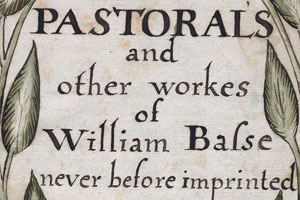
-300x200.jpg)
